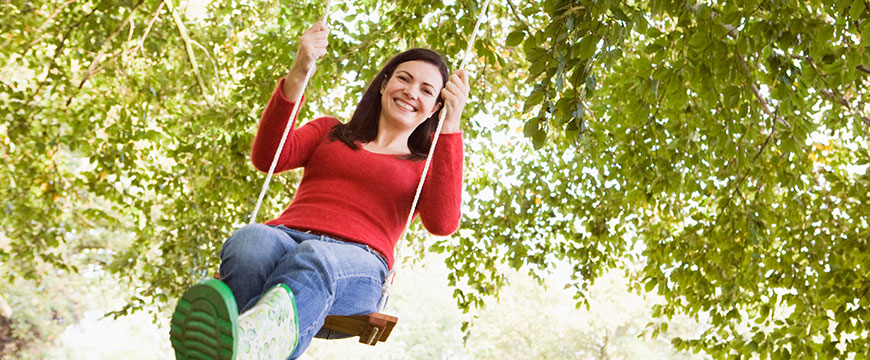Allergies are easy to manage when at home, but they may become harder to manage while traveling. Whether it’s a business trip or vacation it’s important that you get ready to travel without the torture of allergies. As you pack your bags consider and take into account your allergies and plan ahead. Research on the anticipated allergens you are likely to encounter and talk to allergy doctor on how to mitigate the allergens. Make sure that you pack the allergy medication and hypoallergenic pillows. Make sure that you can access an allergy clinic in your destination or as you travel.
How to Relieve Allergies as You Travel
- Plan and Prepare ahead of the Travel
Getting relief from allergies is the first step to enjoying your journey and vacation. Think about your journey and research on the destination. Speak to the allergy physician on the intended travel and consult on tips to manage allergies while traveling. If you suffer from asthma consult your asthma doctor on any mitigating measures. check the pollen count in your intended destination and plan accordingly. In case of any food allergies pack snacks that you can eat on the way.
- Allergies in the Car, train, and Plane
No matter what means of transport you choose to take there will be allergens and it’s important to know how to deal the allergens. If you traveling in a car ensure the following;
- Don’t travel in early mornings and late evening when pollen the pollen count is high
- Travel when there is low traffic as there is minimal pollution
- Close the window as you travel and use the air conditioner instead. Change the air filter before you travel to ensure that the air is clean.
When traveling on a plane ensure that;
- Ask your allergy doctor for a nasal spray to keep the air moist.
- Avoid plane provided blankets and pillows
- Confirm that the plane is smoke-free and if the flight allows smoking stay far away from the smoking zone. Adjust the air blowers so that they blow the cigar smoke away from where you are seated.
Traveling in a train
If you are traveling by research whether the train has a special area and whether they allow pets. When traveling in a train consider the following;
- Book the areas of the train they are secluded and for special groups
- Call the train management and inform them of your allergies
- Allergies in the Hotels and Restaurants
Look for hotels that are asthma and allergy free. There are hotels that offer hypoallergenic mattress and sleeping materials. Stay in hotels that don’t allow smoking. While booking the accommodation confirm whether the hotel offers special meals for people with allergies. Look out for the below;
- Ask for rooms that are sunny, dry and mold free to avoid allergies
- Look out for hotels that have a pet policy. If the hotel allows pets then to consider changing the hotel to avoid fur allergies.
- Ensure that the hotel is sparkling cleaning to limit chances of allergens.
Other Tips to Follow to Minimise Allergies While Travelling
- Learn a few words from the language of your destination to ensure you can communicate
- Consider changing the vacation to an area with fewer allergens. If your destination has a high pollen count, consider changing your vacation to an area with lower pollen count.
- When using a plane, inform the plane attendants of your food allergies. If you have severe food allergies request the person next to you not consume the food you are allergic to in order to avoid a severe reaction
- If you have severe asthma ensure you have your asthma treatment with and before leaving for the trip visit the asthma doctor for a check-up.
- Keep your body covered to avoid insect stings that may cause severe allergies
- Wear hats and sunglasses to minimize the effect of pollen on your eyes.
- Don’t lose track of your medication schedule. Keep an alarm to help remember the medication timings
- Keep the windows and doors to your vacation home closed to keep out allergens
- On getting to your destination, research on where the allergy clinic is situated and raise an alarm in case your allergy begin to get worse.
- Carry the allergist Manassas VA contact number and have details about your allergies in your bag

